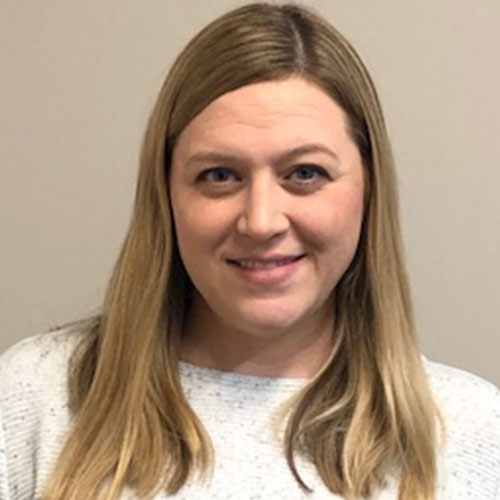The Benefits of Choosing a Health Service Psychologist
Choosing a psychologist can often be a daunting task to navigate. Often consumers are provided with no more than a small biographical paragraph identifying the provider’s educational background, the type of clients and disorders they work best with, and which intervention style they prefer. Sometimes, there is even a picture. A search on Google provides a little more clarity with a number of “How to” guides by everyone from the American Psychological Association (APA) to the New York Times on how to choose a mental health provider. Despite these attempts to help provide consumers with some clarity, the process of finding a therapist to share your personal thoughts and difficulties with can still be an anxiety-provoking process. Health Service Psychologists are dedicated to meeting the unique needs of their clients by working to identify the appropriate intervention(s) that will best elicit the long-term changes and symptom reduction that brings a person to therapy to begin with through the combination of preventative interventions, consultative services, assessment, and treatment.
The ultimate goal of Health Service Psychologists is to work collaboratively within the therapeutic relationship to address an individual’s mental health issues. They are dedicated to being knowledgeable in mental health presentations and the evidence-based practices that have been found to be most effective in addressing these disorders. However, people are social beings that do not reside within a bubble. Within their everyday lives, individuals take on a wide variety of roles within the home, with friends, and at work. As such, working to address mental health issues on an individual level may not always be the most effective approach to reducing the severity of some mental health conditions. Health Service Psychologists support a comprehensive approach to intervention and understand that change and impact can occur within the numerous contexts that their clients exist in. Such an approach takes into consideration mental health not only at an individual level, but also accommodates for the impact of one’s experiences within the home, school, job, and the larger community. By doing this, Health Service Psychologists are able to gain a better understanding of the issues that clients face and engage the appropriate evidence-based approaches to treatment. Beyond individual interventions, Health Service Psychologists work to develop and encourage the use of preventative programs and education on both the individual and community level aimed at promoting positive mental health. They consult with educators, health providers, and community programs to provide a supportive, holistic approach to intervention. In therapy, they take an active role in routinely assessing the outcomes of interventions in order to determine when treatment is eliciting the progress the client needs and when the treatment plan needs to change.
People are dynamic, multi-faceted beings with a spectrum of emotional and behavioral responses to their environment, and as such, treatment should be as equally diverse. Choosing a Health Service Psychologist means choosing a provider that is dedicated to working with their clients to identify the most effective and holistic forms of treatment for addressing their mental health conditions. And it is this knowledge that can make choosing a psychologist a little less overwhelming when people have better things to worry about.

